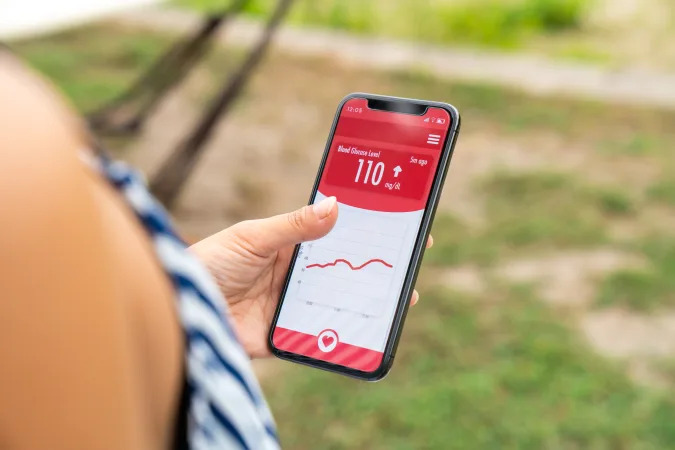From news-medical.net
Regular physical activity significantly changes the body's metabolite profile, and many of these changes are associated with a lower risk of type 2 diabetes, a new study from the University of Eastern Finland shows.
The study population included more than 7,000 men who were followed up for eight years. Men in the highest physical activity category had a 39% lower risk of type 2 diabetes than men who were physically inactive. Physical activity was associated with the levels of a total of 198 metabolites, i.e., compounds formed as a result of the body's metabolism, and increased physical activity had an impact on some of the same metabolites that have previously been associated with a health-promoting diet. In addition, the study showed that increased physical activity improves insulin secretion.
A total of 1,260 metabolites were analysed from the study participants' fasting glucose samples. The association of physical activity with the metabolite profile hasn't been studied this comprehensively nor in such an extensive cohort before. Indeed, published in Metabolites, this study is the first to establish an association between many metabolites and physical activity.
The researchers investigated the association of physical activity with metabolite profile, insulin sensitivity, insulin secretion and risk of type 2 diabetes in men participating in the METabolic Syndrome In Men (METSIM) study. None of the participants had diabetes at the onset of the study. A physical activity questionnaire was conducted among the participants at the onset of the study and again eight years later, and they also underwent an oral glucose tolerance test and had their metabolites analysed from a fasting glucose sample.
Men were classified into four categories based on their physical activity: those who were physically inactive, those who were physically active only occasionally, those who were physically active regularly but no more than twice a week, and those who were physically active regularly at least three times a week. The duration of a single session of physical activity was defined as at least 30 minutes.
Physical activity was associated with the levels of a total of 198 metabolites. Among other things, physical activity changed the levels of several lipids in a manner that in previous studies has been associated with a lower risk of type 2 diabetes. In previous studies, a health-promoting diet has also been observed to have some similar associations with unsaturated fatty acid levels, for example. As completely new metabolic biomarkers associated with physical activity, the researchers identified in particular steroids, amino acids, imidazoles, carboxylic acids, and hydroxy acids.
During the follow-up, the risk of developing type 2 diabetes was 39% lower for men who were physically the most active, and 30% lower even for men who were physically active no more than twice a week, when compared to men who were physically inactive. Lower fasting glucose and insulin levels, and better insulin sensitivity and insulin secretion, were observed in men who increased their physical activity during the follow-up.
The association of physical activity with insulin secretion has remained unclear, despite several studies on the matter. The study published now confirms that increased physical activity improves insulin secretion.









